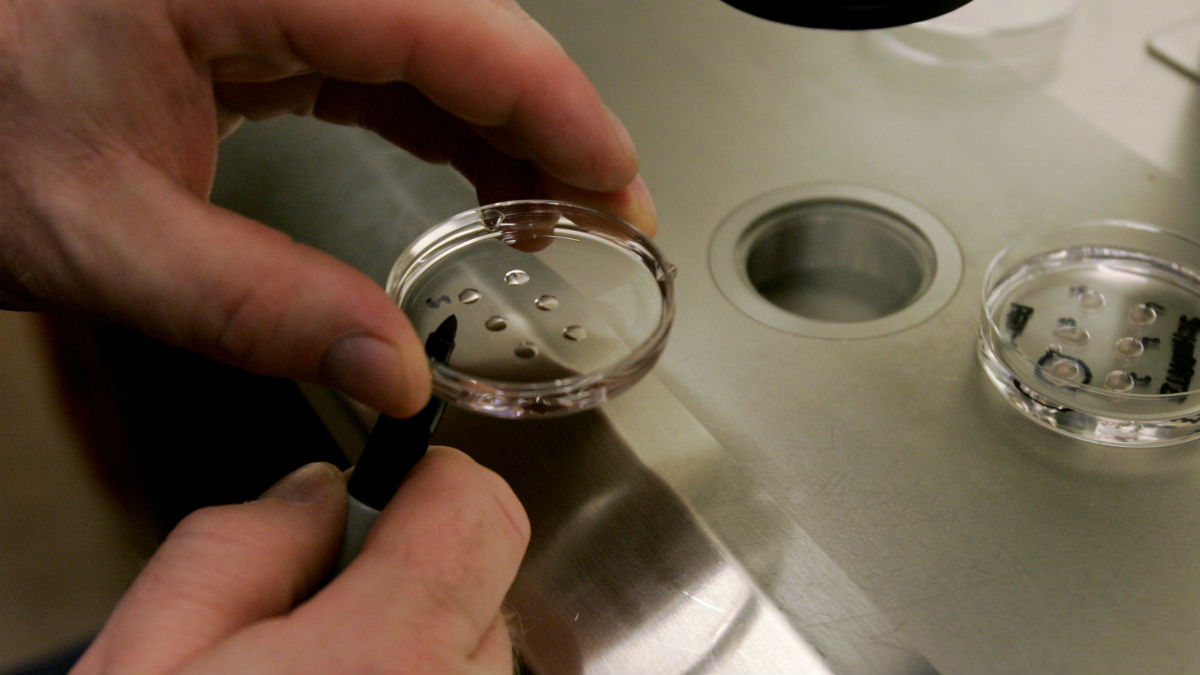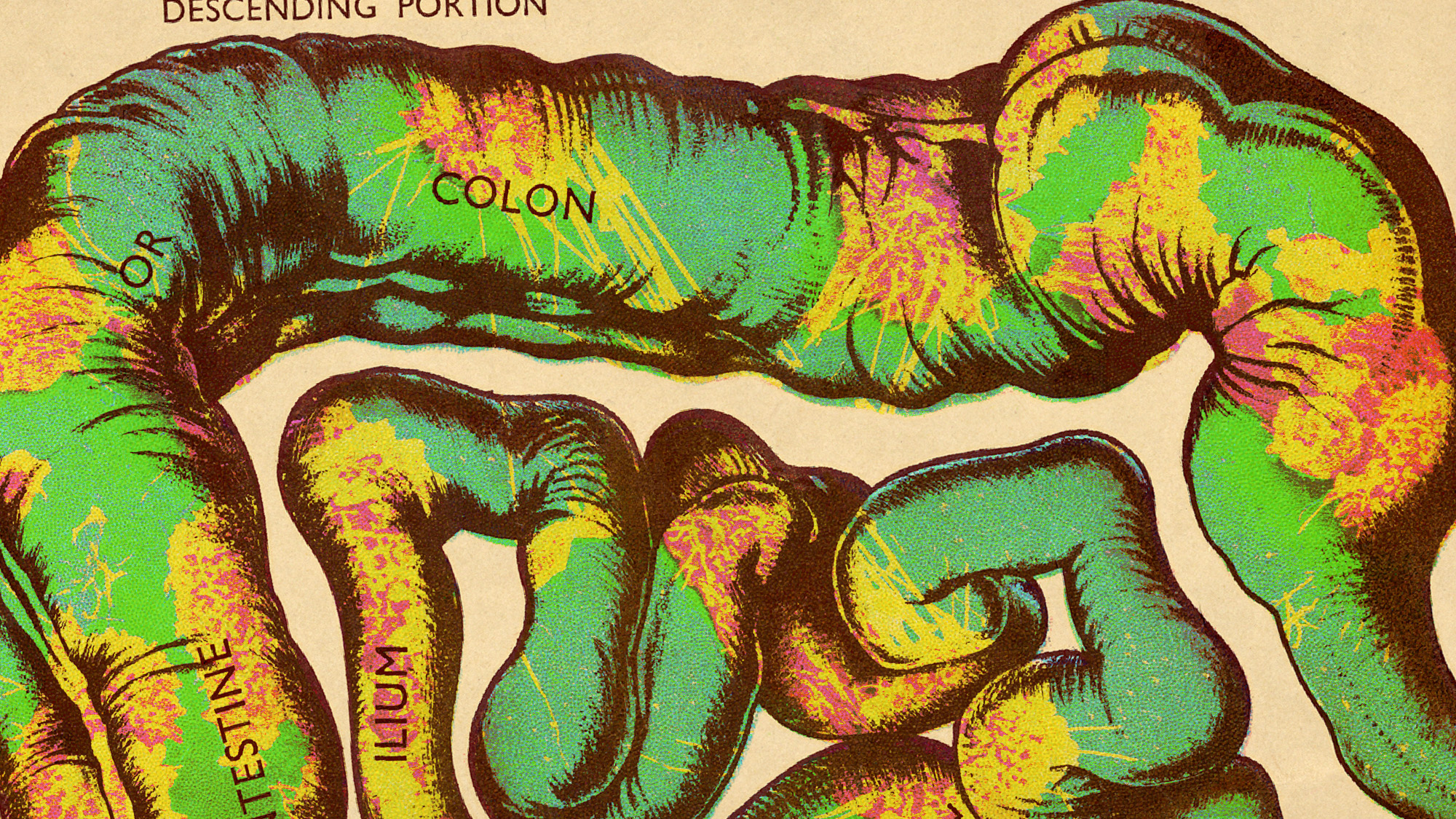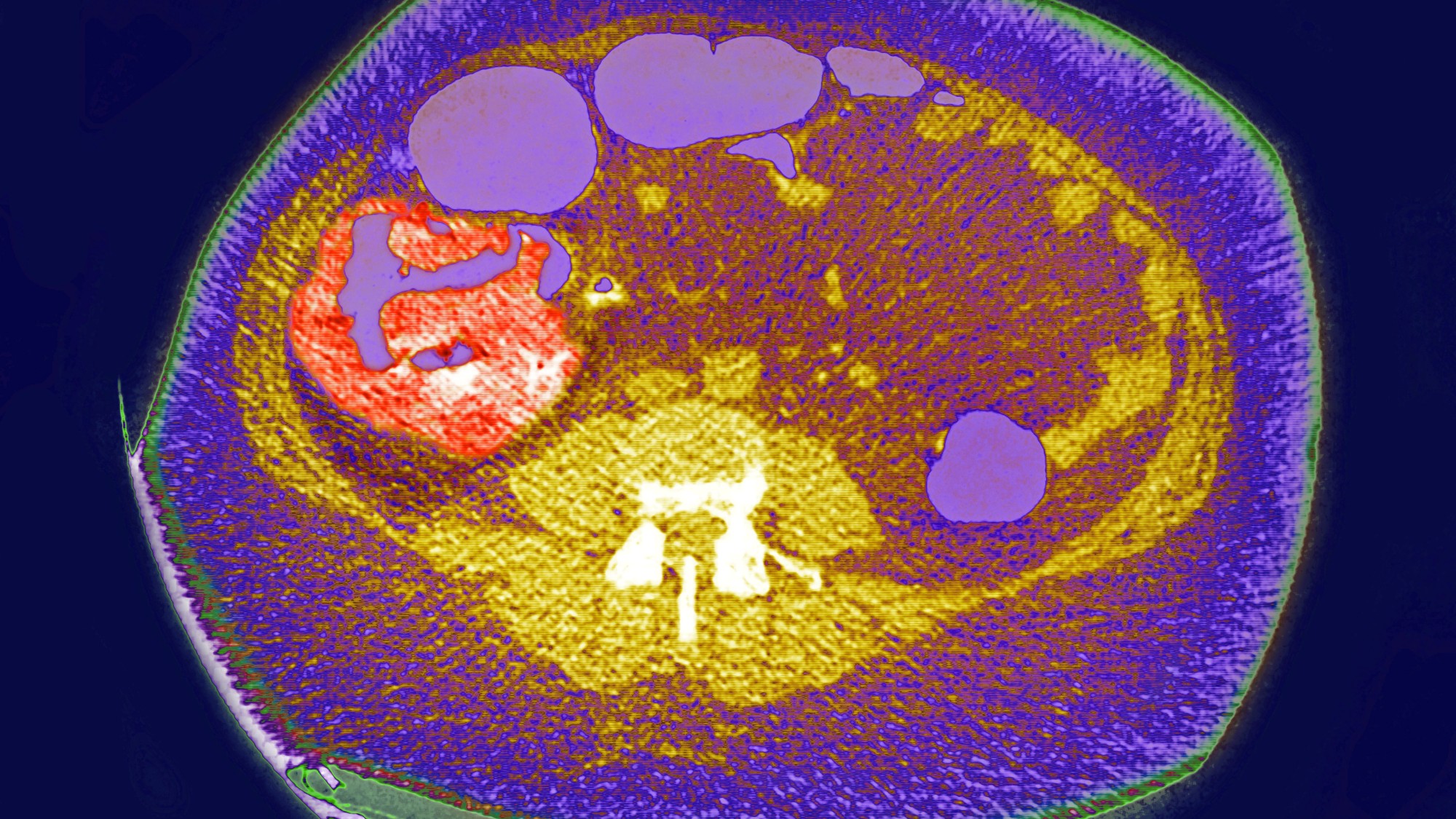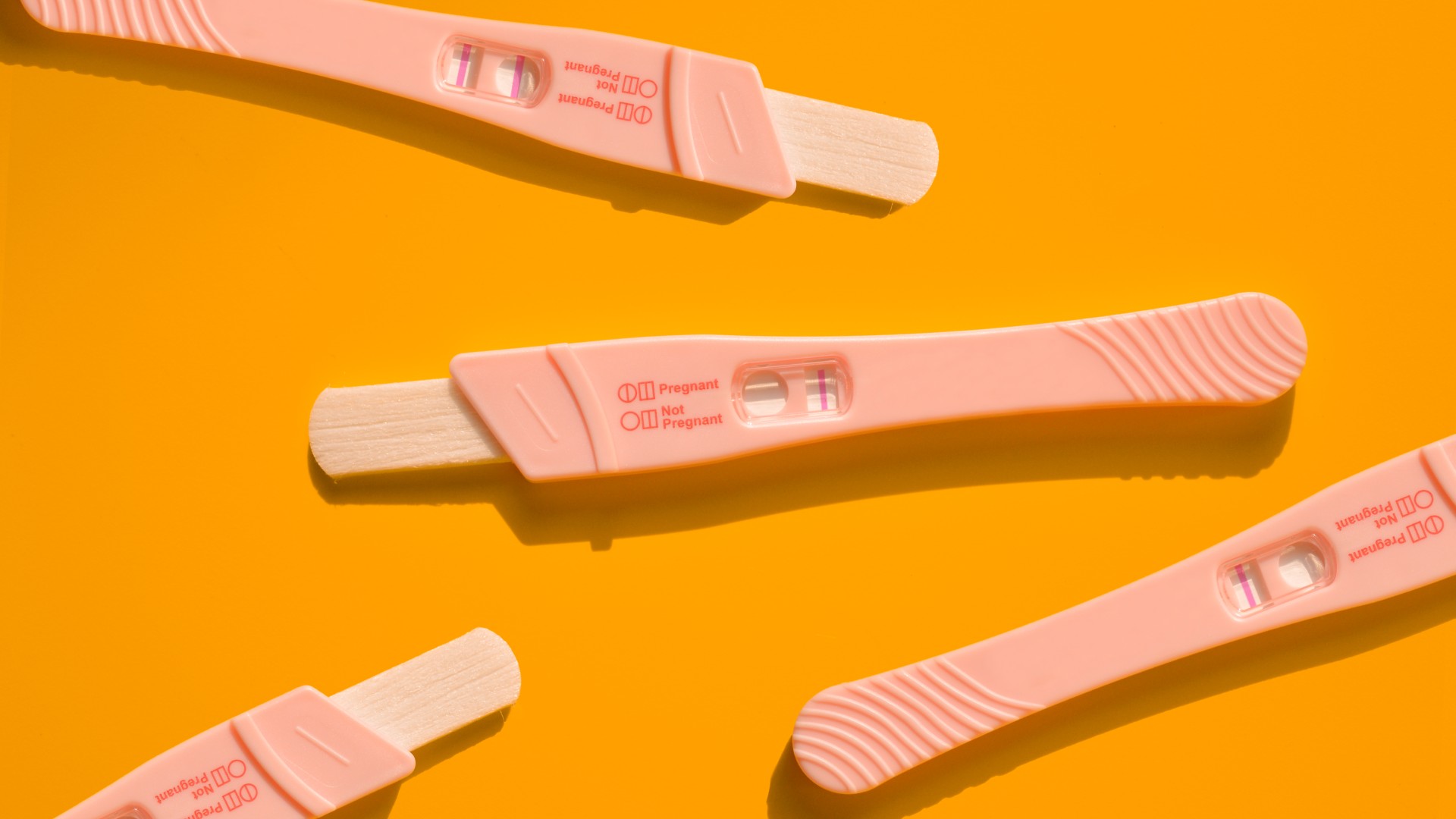New IVF test offers hope for greater pregnancy success rate
British scientists says chance of success could rise from 35 per cent to 80 per cent thanks to new test

A free daily email with the biggest news stories of the day – and the best features from TheWeek.com
You are now subscribed
Your newsletter sign-up was successful
British scientists say the success rate of IVF treatment could reach 80 per cent next year thanks to a new test that can pinpoint the most viable embryos.
Using current techniques, only about 35 per cent of IVF cycles result in a pregnancy.
The scientists, who were working at Oxford University, examined the behaviour of an embryo's mitochondria – the microscopic "power packs" inside cells. They found that some embryos have too much mitochondrial DNA, and that these will never develop into a baby, reports The Independent.
The Week
Escape your echo chamber. Get the facts behind the news, plus analysis from multiple perspectives.

Sign up for The Week's Free Newsletters
From our morning news briefing to a weekly Good News Newsletter, get the best of The Week delivered directly to your inbox.
From our morning news briefing to a weekly Good News Newsletter, get the best of The Week delivered directly to your inbox.
New work has been commissioned to investigate what causes the excess, which is not yet understood.
Genetics professor Dagan Wells, who was involved in the research, told PA that by next year doctors could be using a test based on his team's discovery. If they can identify embryos with too much mitochondrial DNA, they will be able to avoid them and select embryos with a better chance of survival.
Wells said it can be a "brutal" experience for patients repeatedly having negative pregnancy tests. "Any test of the embryo that will result in a baby is therefore highly desirable," he said.
It comes as the biggest ever study of fertility treatment in the world found that women who undergo IVF are a third more likely to develop ovarian cancer.
A free daily email with the biggest news stories of the day – and the best features from TheWeek.com
University College London scientists said that the increased risk might be a result of underlying health problems in infertile women, but that the research also "leaves open the possibility" that the procedure itself might be to blame.
The Daily Telegraph points out that the risk is still small, however. "Just 15 in every 10,000 women developed ovarian cancer over the study period, compared with around 11 in 10,000 of the general population," it says. Last year nearly 50,000 women in the UK underwent IVF.
Both studies are being presented at the American Society for Reproductive Medicine (ASRM) conference held in Baltimore this week.
-
 How Democrats are turning DOJ lemons into partisan lemonade
How Democrats are turning DOJ lemons into partisan lemonadeTODAY’S BIG QUESTION As the Trump administration continues to try — and fail — at indicting its political enemies, Democratic lawmakers have begun seizing the moment for themselves
-
 ICE’s new targets post-Minnesota retreat
ICE’s new targets post-Minnesota retreatIn the Spotlight Several cities are reportedly on ICE’s list for immigration crackdowns
-
 ‘Those rights don’t exist to protect criminals’
‘Those rights don’t exist to protect criminals’Instant Opinion Opinion, comment and editorials of the day
-
 The truth about vitamin supplements
The truth about vitamin supplementsThe Explainer UK industry worth £559 million but scientific evidence of health benefits is ‘complicated’
-
 Covid-19 mRNA vaccines could help fight cancer
Covid-19 mRNA vaccines could help fight cancerUnder the radar They boost the immune system
-
 Deadly fungus tied to a pharaoh's tomb may help fight cancer
Deadly fungus tied to a pharaoh's tomb may help fight cancerUnder the radar A once fearsome curse could be a blessing
-
 'Poo pills' and the war on superbugs
'Poo pills' and the war on superbugsThe Explainer Antimicrobial resistance is causing millions of deaths. Could a faeces-filled pill change all that?
-
 The Y chromosome degrades over time. And men's health is paying for it
The Y chromosome degrades over time. And men's health is paying for itUnder the radar The chromosome loss is linked to cancer and Alzheimer's
-
 A bacterial toxin could be contributing to the colorectal cancer rise in young people
A bacterial toxin could be contributing to the colorectal cancer rise in young peopleUnder the radar Most exposure occurs in childhood
-
 Why are more young people getting bowel cancer?
Why are more young people getting bowel cancer?The Explainer Alarming rise in bowel-cancer diagnoses in under-50s is puzzling scientists
-
 IVM is a better treatment than IVF for some women
IVM is a better treatment than IVF for some womenThe Explainer A less painful, less costly option for treating infertility emerges